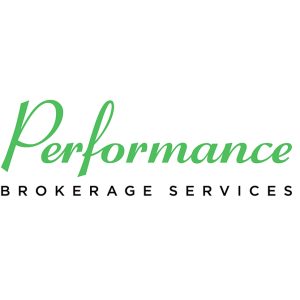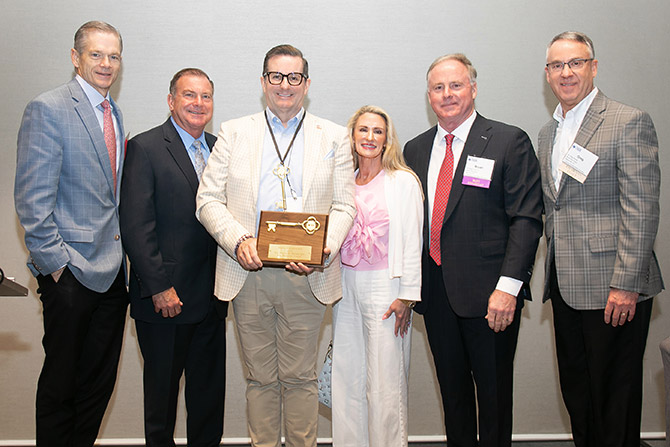For many dealers, the question of what to do with the store doesn’t start with a spreadsheet. It starts around the dinner table — or maybe in the quiet moments when things finally slow down. After decades of building a business, employing people in your community and putting your name on the sign out front, the decision about what’s next is personal. And when family is involved, it’s rarely simple.
Some dealers have always imagined passing the business to the next generation. Others have watched their kids build successful lives in different fields and quietly wonder if a handoff is still the right move. And often, there’s a mix of feelings — pride, uncertainty, loyalty, fear of regret. That’s normal. The emotional weight of a family business is real, and the process of transitioning it — whether within the family or outside of it — deserves careful, honest consideration.
What we frequently see is hesitation to start the conversation. No one wants to create tension. Parents worry about upsetting their children. Children don’t want to seem disinterested — or entitled. But silence tends to create more confusion, not less. In families where the transition is successful, the common thread is usually clarity: an open dialogue about roles, expectations and timing well before the handoff begins.
What many don’t realize is that there’s no longer just a fork in the road — sell it or hand it down. Today, there’s a broader landscape of options. Some families structure phased ownership transfers over time, others pursue internal buyouts with financial guidance. And more recently, new models have emerged that provide liquidity for the current generation while allowing family members to retain operational control and long-term equity. These approaches offer flexibility and customization that weren’t available — or widely known — even a few years ago.
In other words, keeping the business in the family no longer has to mean taking on the full burden alone. There are creative, values-aligned ways to protect legacy, preserve harmony and plan for growth across generations.
Still, it’s not just about structure. One of the most overlooked parts of the transition is emotional readiness — on both sides. Is the next generation ready to lead, not just manage? Is the outgoing generation truly ready to step back? And is everyone aligned on the vision for the future?
These questions don’t have easy answers, but avoiding them doesn’t make them go away. The good news is that starting the conversation doesn’t commit you to any one path. It just opens the door to explore your options — with your family, your advisors and on your own terms.
As buy-sell advisors, we’re often invited into these moments of uncertainty — before a decision has been made, when the road ahead is unclear. And it’s in these early conversations that the real value of planning emerges. Our role is not to push a transaction but to help dealers weigh their options, understand what’s possible and make thoughtful decisions that honor both the legacy they’ve built and the future they envision.
These decisions don’t come with a playbook. But they do come with the opportunity to pause, reflect and shape the future with intention. Whether your path leads to a family transition, a sale to a third party or something in between, the most important move is starting the conversation — while you still have time to shape the outcome on your terms. After all, legacy isn’t just what you leave behind. It’s how you choose to move forward.
Learn how our experienced team can help you navigate your next move with confidence by contacting Eric Scott at (210) 889-8770 or eric@performancebrokerageservices.com or Jamie Farley at (773) 558-7703 or jamie@performancebrokerageserivces.com.








